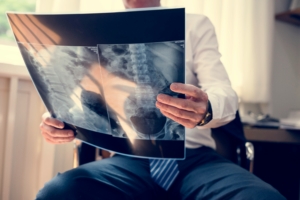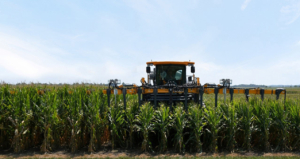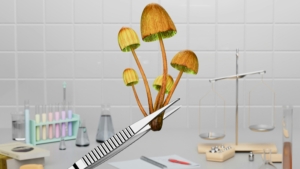
EU set to speed up switch to bioeconomy by new action plan
Six years after the European Commission created the world's first bioeconomy strategy and action plan, it presented a new action plan aimed at moving faster towards a climate-neutral, sustainable, biobased industry.
Research Commissioner Carlos Moedas said in Brussels that much has been achieved in the past six years since the EC established the bioeconomy strategy and action plan, notably at mobilising research and innovation, boosting private investment, developing new value chains, promoting the uptake of bioeconomy strategies and involving stakeholders. Today 18 million people would work in fields related to the bioeconomy and would create an added value of €621bn annually.
However, Moedas and Jyrki Katainen (VP for Jobs, Growth, Investment & Competitiveness) stressed that the EU must accelerate the pace in switching food, feed and industry production to renewable climate-neutral bio-based resources to meet the UN sustainablity development goals and its committments to the Paris agreement. According to new calculations, global temperature increase will be 2° C instead of 1.5 °C as postulated in the agreement.
"It has become evident that we need to make a systemic change in the way we produce, consume and discard goods, ", said Katainen. "By developing our bioeconomy – the renewable segment of the circular economy – we can find new and innovative ways of providing food, products and energy, without exhausting our planet’s limited biological resources."
To speed up the establishment of a biobased circular post-petroleum society, the 14-point update to the EC’s original action plan is focussed on three areas of action:
1. Strengthen and scale up the bio-based sectors, unlock investments and markets
2. Deploy local bioeconomies rapidly across the whole of Europe, and
3. Understand the ecological boundaries of the bioeconomy.
Under the first headline, the Commission plans to foster the switch from petroleum- to bio-based resources in food, feed, and industry production by
Launch of a €100m Circular Bioeconomy Thematic Investment Platform for risk-sharing with developers of bio-based solutions Facilitate the development of new sustainable biorefineries Develop new biodegradable products, including decomposable bio-based plastic substitutes Promote and develop standards, labels and market uptake of bio-based products Analyse enablers and bottlenecks for the deployment of bio-based innovations and, Mobilise stakeholders in development and deployment of sustainable bio-based solutions.
The second package of actions, which is focussed on the development of local bioeconomies, shows that the Commission also sees the bioeconomy as a means to revive structure-poor rural regions and agriculture in times of urbanisation and population growth. Thus the EC wants to:
Launch pilot actions for the development of bioeconomies in rural, coastal and urban areas Launch a Strategic Deployment Agenda for sustainable food and farming systems, forestry and bio-based products Promote education, training and skills across the bioeconomy (i.e. to farmers) and, support regions and Member States to develop Bioeconomy Strategies.
Of course, the move towards a more or less sustainable exploitation of mother nature’s resources has limitations, given by a growing demand of energy, resources, space etc. of the growing world population. Thus the EC wants to monitor the bioeconomy’s output by:
Monitoring progress towards a sustainable bioeconomy Enhancing knowledge on biodiversity and ecosystems Promoting good practices to operate the bioeconomy within safe ecological limits Enhancing the benefits of biodiversity in primary production.
Katainen said, the bioeconomy has the potential to create 1 million new jobs by 2030 and that Europe is well positioned to take the leadership. He also promised to set up communication campaigns to promote the benefits of bio-based solutions.
Biotechnology industry association EuropaBio welcomed the publication of the updated EU Bioeconomy Strategy and underlined that the development is driven by industrial biotechnology as an enabling technology to develop a wide variety of renewable, bio-based chemicals, materials, pharmaceuticals, food, feed and fuels.
Agnes Borg, Director for Industrial Biotechnology at EuropaBio said: We now call on the EU to shore up the updated strategy with a comprehensive high level commitment towards building upon the success of the €3.7bn Bio-based Industries Joint Undertaking (BBI JU). This will create jobs and growth and will help establish the EU as a hub for renewable, resource-efficient clean-tech on the road to 2030.



 Bayer AG
Bayer AG